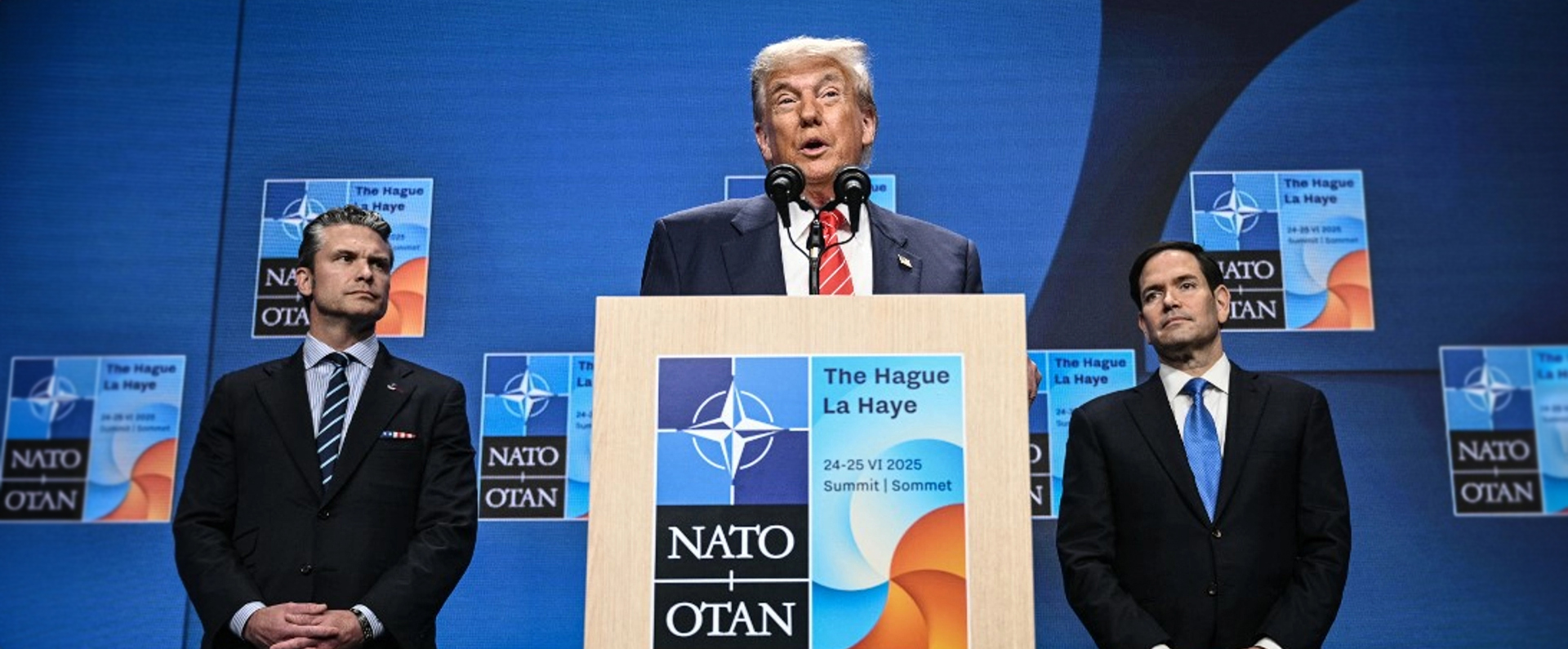
Published in The Sunday Telegraph on 14 May 2011.
Time to focus on winning a Conservative majority in 2015, says Lord Ashcroft
David Cameron’s first anniversary saw Westminster preoccupied with the state of the coalition: the mood of Liberal Democrat ministers after their crushing AV and local election defeats, and Tory reaction to their complaints. To most people, those things are secondary. What matters to me is not the coalition between the parties, but how to create the coalition of voters who will elect a Conservative government with an overall majority.
Against the odds, Conservative support has held up well since last May. But the Tories need to more than just keep the voters who put them in office: we will only be able to implement a Conservative manifesto in full if we get a bigger share of the vote than we did last time.
Expanding the Conservative vote is a strategic challenge for Mr Cameron. First, he must hold together his voters from 2010. These included first-time Tories voting against Gordon Brown’s Labour, who were still wary of the Conservatives, as well as loyalists who may since have become frustrated by the compromises of two-party government. Just as important, he must attract new voters – many of whom have long believed the Conservatives are not for people like them – at a time of economic uncertainty and “Tory cuts”.
To provide some signposts through this conundrum I have conducted detailed research among people who voted Tory in 2010, and people who considered doing so but decided against it. On top of that, a huge poll of more than 10,000 adults has helped define the issues and opinions that drive different kinds of voters. Some think the government is a bit too Tory, and some think it is not Tory enough: can both be persuaded to vote for David Cameron in four years’ time?
2010 Tories were mostly happy with how things are going. Nearly nine out of ten thought the right decisions were being made on the economy and three quarters supported the cuts. More said their view of the party had improved since the election than said it was worse. If they disliked some coalition compromises, they usually thought the answer was a Conservative majority next time, not to vote for smaller parties that make trenchant pronouncements without the prospect of office.
The most vulnerable Conservatives are not frustrated longstanding supporters, but the first-time Tories who were less positive to start with. These were twice as likely as Tory voters generally to think the cuts too quick and too deep, and were as likely to say their view of the party had changed for the worse as to say it had improved.
For those who considered voting Tory in 2010 but thought better of it, the biggest barrier (which Tories are sick of hearing about but is real nonetheless) was the continuing impression that the party is for the rich, not people like them. Their minds are not closed, though: a quarter said the government is doing better than they had expected, most thought the right decisions were being made on the economy and they rated the Conservatives ahead on measures like being willing to take tough decisions for the long term – though behind on things like standing for fairness. Unlike Conservative voters, though, most said they would prefer the present coalition to a Tory government with an overall majority – a potential obstacle to them voting Conservative if an outright Tory victory looks like a real prospect.
The biggest policy success is welfare reform: I found people understood and supported the plans, and knew they were being delivered. On immigration, though most supported Tory policies put forward at the election, they were far from certain what had actually been done. On the NHS, a litmus test for voters suspicious of Tory motives, people were very sceptical of the proposed reforms, and had no idea how they were supposed to benefit patients. Crime risks being a missed opportunity: having expected this government to be tougher, they had heard only of police cuts and plans to send fewer criminals to prison.
There was sturdy support for cutting the deficit, but the government seems to many voters to see everything – economic growth, welfare reform, immigration control – as a means to this end. This is a danger: what is the bigger mission for which the Conservatives need to be re-elected? Voters want to support a party that has a vision they can identify with. The Big Society shows no sign of serving this purpose: most still find the concept too nebulous to get to grips with.
Steady poll ratings obscure the fact that the Conservatives have lost close to one in eight of their 2010 voters – usually over the economy and the NHS, or because they don’t rate David Cameron. They have been replaced by a chunk of the electorate that did not vote Tory, but have been persuaded on exactly these things – the economy, and David Cameron’s leadership. Welfare reform and a view that the Tories share their values are also important among 2010 non-Tories who would now vote for the party.
The things that will build and maintain the Conservative voting coalition, then, are fundamentally mainstream concerns: the economy, David Cameron, welfare, crime, the NHS, and a demonstration that the Conservatives share voters’ values. Attracting new voters need not alienate existing supporters. If we get it right on the big themes and have a clear purpose, we will keep existing voters and attract new ones; if we get it wrong, they will scatter to the four winds: Labour, UKIP – even the Lib Dems.
A majority in 2015 is going to be tough to achieve. Mrs Thatcher proved it is possible to win in tough times. But to do that – as I always tell the politicians – you have to remember it’s not about you, it’s about the voters.
Download full report (63 pg)
Download poll of Conservative voters (263 pg)
Download poll of Conservative “considerers” (242 pg)
Download poll of Conservative Party members (113 pg)
Download poll of general public (811 pg)



